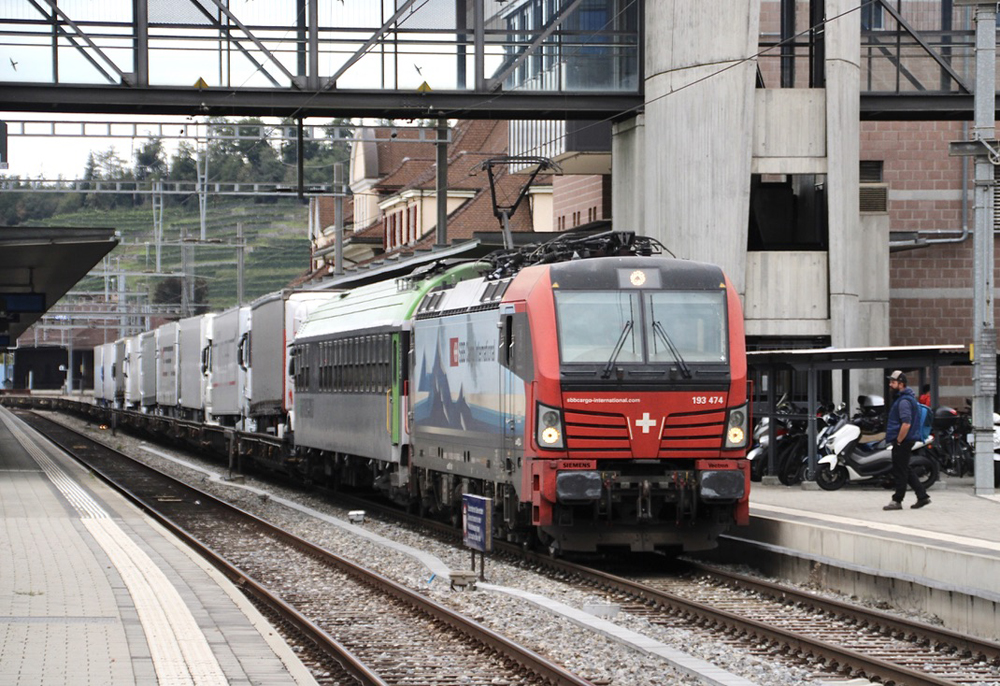
OLTEN, Switzerland — The Rolling Highway, a drive-on, drive-off piggyback service carrying tractors and trailers through the Swiss Alps, will shut down at the end of 2025, operator RAlpin has announced. The company cited disruptions to the rail network — particularly the troubled German network — as leading to the shutdown.
RAlpin has provided transport for truck-trailer combinations, with trains including a sleeping car for the drivers, since 2001 on a route between Freibrug im Breisgau, Germany, and Novara, Italy. About 72,000 trucks used the service last year.
“Despite ongoing financial compensation from the federal government, existing demand and good capacity utilisation of 80%, it is no longer economically feasible to operate the Rolling Highway (Rola),” the company said in a press release. “Around 10% of trains had to be cancelled throughout the year 2024. This was due to planned construction sites and construction works set up at short notice, as well as other unforeseeable events.” That led to a loss of approximately 2.2 million Swiss Francs ($2.68 million), the company said. Meanwhile, jn the first quarter of this year, about 20% fewer trains have run than in the same period a year ago because of increased disruptions.
The federal government had planned to end financial support for the operation in 2028, but RAlpin said the end will come sooner because it has concluded the operation “can no longer be operated profitably under the changed conditions, especially as the situation is unlikely to return to normal in the near future.” The company’s three shareholders — Swiss Federal Railway (SBB), the BLS railway, and intermodal-focused rail company Hupac — will support the company’s finances through the end of the year to fulfill business obligations, while the government will increase its compensation for the duration of the service.
The service has removed about 7% of the truck traffic from the route through the Alps, RAlpin says. It was designed to carry trucks on special low-floor trailers until infrastructure work could handle trailers and containers without the accompanying tractors; such “unaccompanied combined transport” is the future of the corridor, the company says.
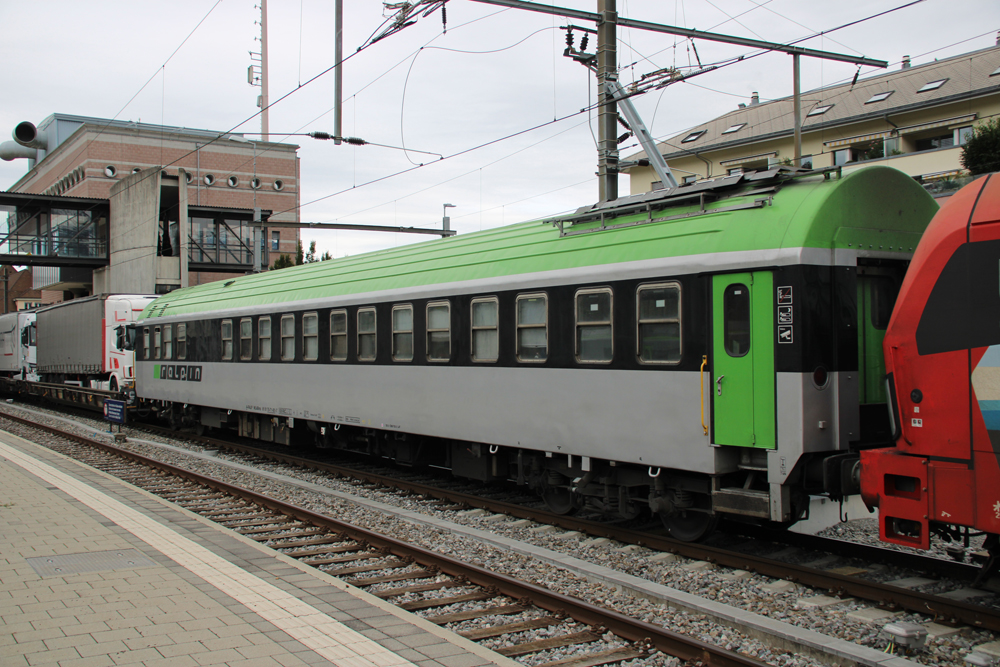






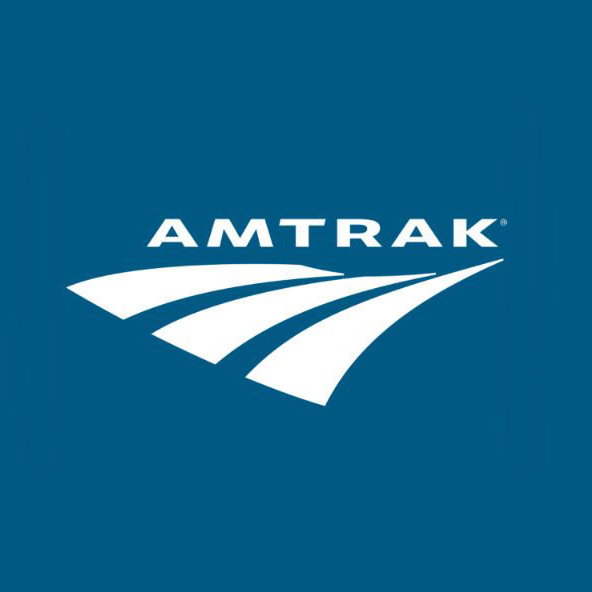
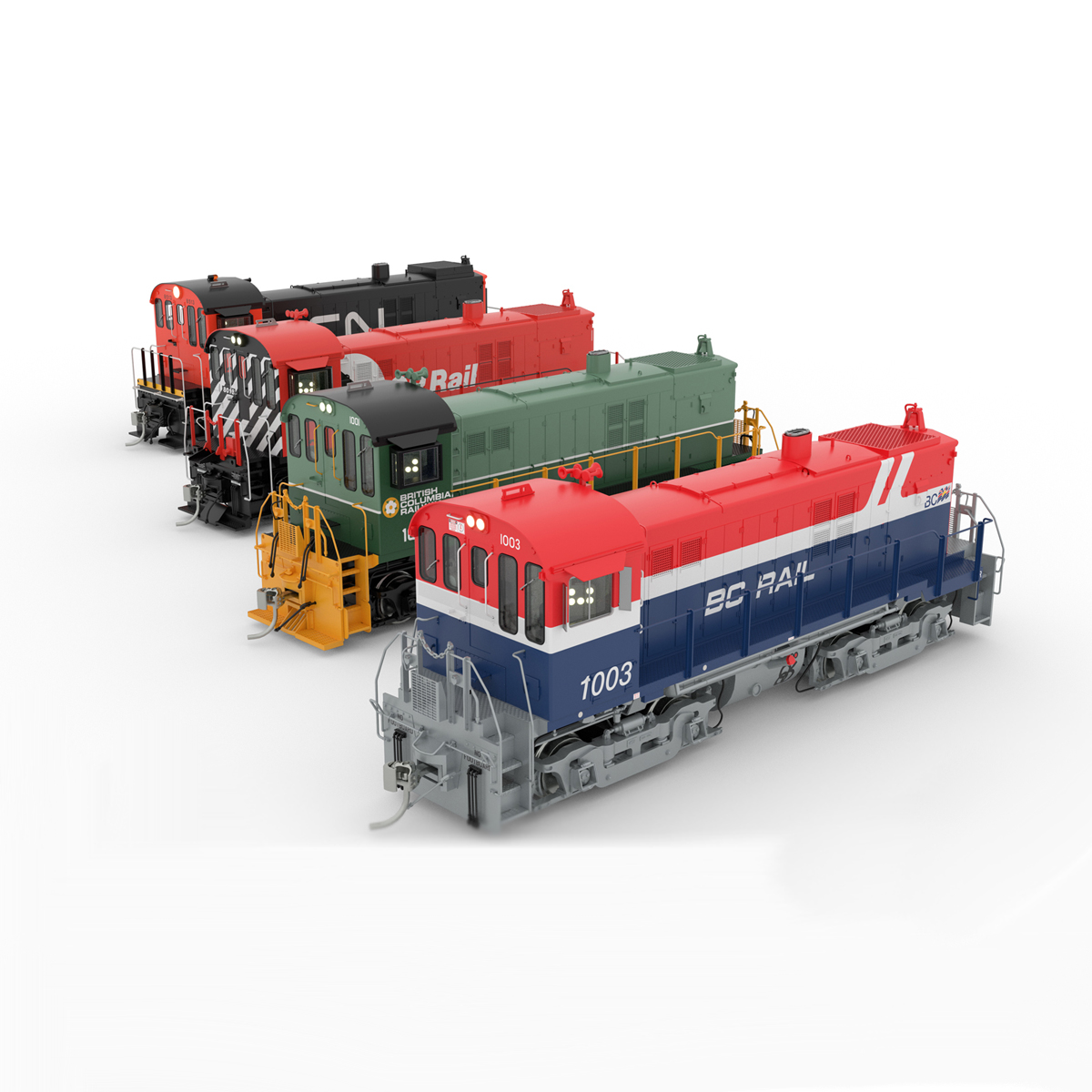
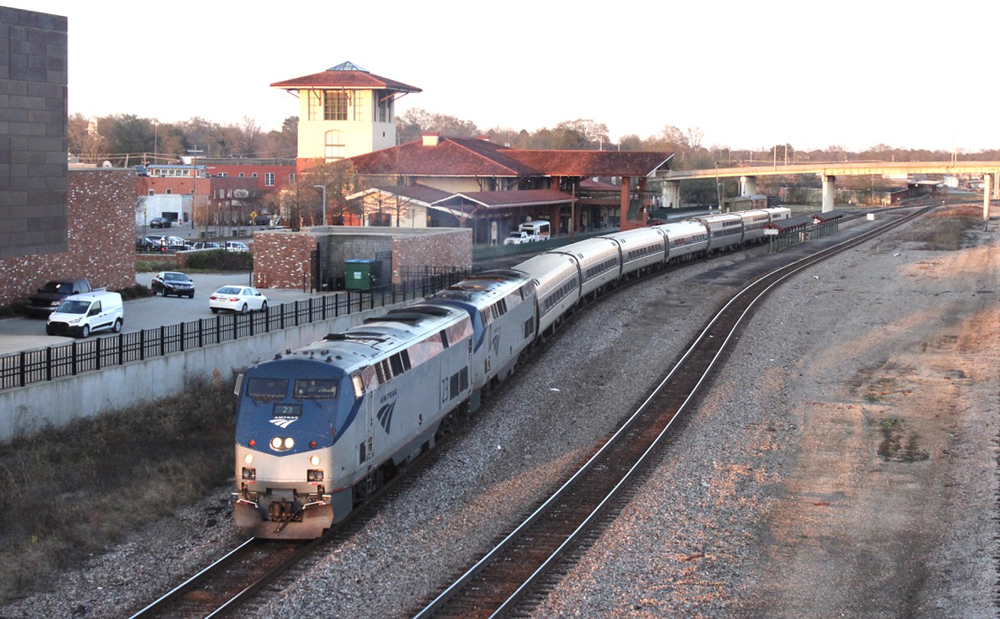
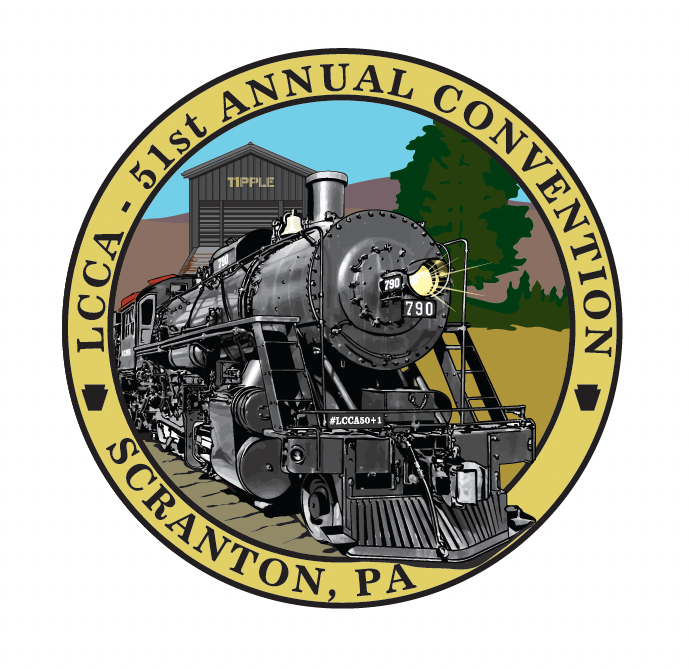




This is definitely very bad news for rail freight transport in Europe!
Dr. Güntürk Üstün
I hate to see an innovative concept like that fail. Over 20+ years ago, I was told of a cross country trucker who had a shipping contract with another trucking company to ship 5 or 6 piggyback trailers (TOFC) from East Texas to West Coast LA.
So the contract trucker would load and deliver the first 4 or 5 piggyback trailers to the TOFC yard and trucked the last trailer cross country on I20 & I10 to LA.
So when he got to LA, he would deliver the 4-5 TOFC trailers to their local LA destination, and deliver the last highway trailer as well. Modern day cattle drive. 🙂